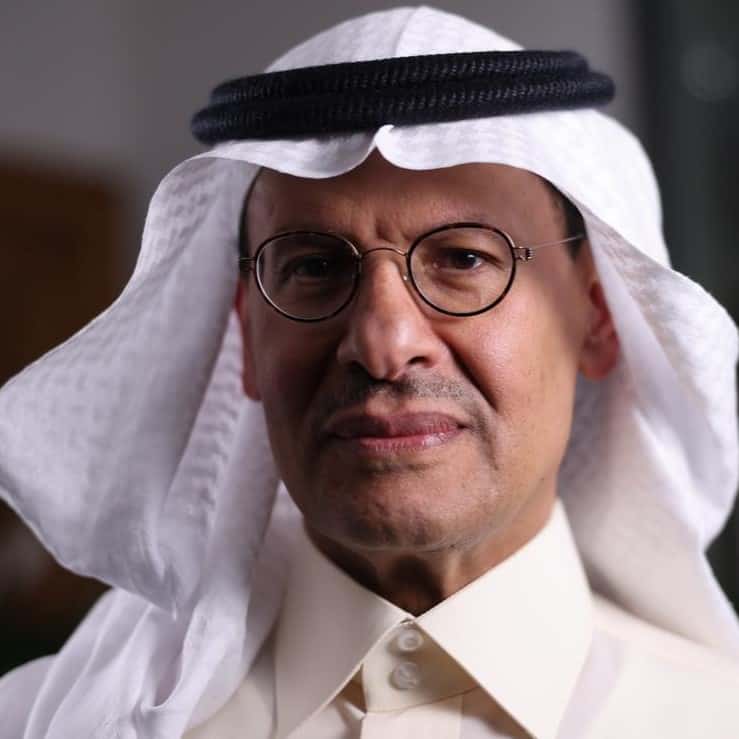Dubai, UAE — Saudi Arabia’s Minister of Energy Prince Abdulaziz bin Salman on Tuesday warned oil short-sellers that they will “be ouching”, just over a week before the OPEC+ alliance is due to meet.
Saudi-led OPEC is a grouping of major oil producers and its allies including Russia. The Minister said OPEC+ helps balance the oil market and doesn’t manipulate prices.
“I keep advising them that they will be ouching — they did ouch in April. I don’t have to show my cards,” Prince Abdulaziz bin Salman said at the Qatar Economic Forum in Doha.
“I would just tell them: Watch out!”
The 23-nation OPEC+ will meet on June 3-4 in Vienna to review production policy for the second half of the year.
“We have to be vigilant, we have to be proactive — as we in OPEC+ has been saying for quite some time,” he told the Forum and added that the powerful grouping pursued three goals of vigilance, initiative and proactiveness.
He added that the inaccurate forecasts of the International Energy Agency (IEA) led to price volatility in the energy market last year and in the oil market so far. Investors worldwide don’t have clear policies as regards hydrogen, as there is no definite cost for its different types, Prince Salman said, noting that a future source of energy can’t be tackled amid foggy vision.
In March, the Minister said that as uncertainty in the global economy is limiting clarity about the outlook for oil markets, the OPEC+ should stick to the production pact agreed last October.
SPA reported that Prince Salman said that sticking to the October agreement is the “sensible and only course of action” for the grouping.
The Organisation of the Petroleum Exporting Countries and its allies (OPEC+) decided to cut oil production by 2 million barrels per day until the end of 2023, which was the largest cut since the beginning of the Covid-19 pandemic.
Asked by the Energy Intelligence whether it would be possible to reverse course and increase production given the current macroeconomic and oil market developments, the minister said: “There are many factors influencing market sentiment. The global economy is forecasted to continue growing this year and next year, but there is still uncertainty around the pace of growth.”
“Moreover, China has just started to rebound after extended Covid lockdowns, but the duration for recovery is still unclear. Economic recovery is generating inflationary pressures, and this could prompt central banks to intensify their efforts to tame inflation,” he said.
Asked about his views on the US Congress reintroducing the No Oil Producing and Exporting Cartels (Nopec) bill, as well as the G7 price cap on Russian oil, and the potential implications for the oil market, Prince Salman said that Nopec legislation and extending the price cap are very different, but their potential impacts on the oil market are similar.
“Such policies add new layers of risk and uncertainty at a time when clarity and stability are most needed,” he said.
OPEC+ consists of the 13 members of the Organization of Petroleum Exporting Countries and 11 non-OPEC allied countries.
US President Joe Biden has regularly called for an increase in the OPEC+ output after Russia’s invasion of Ukraine sent prices soaring.
OPEC also raised its world oil demand forecast for 2023 in February, saying it expected demand to grow by 2.3 million barrels per day to an average of 101.87 million barrels per day this year.








